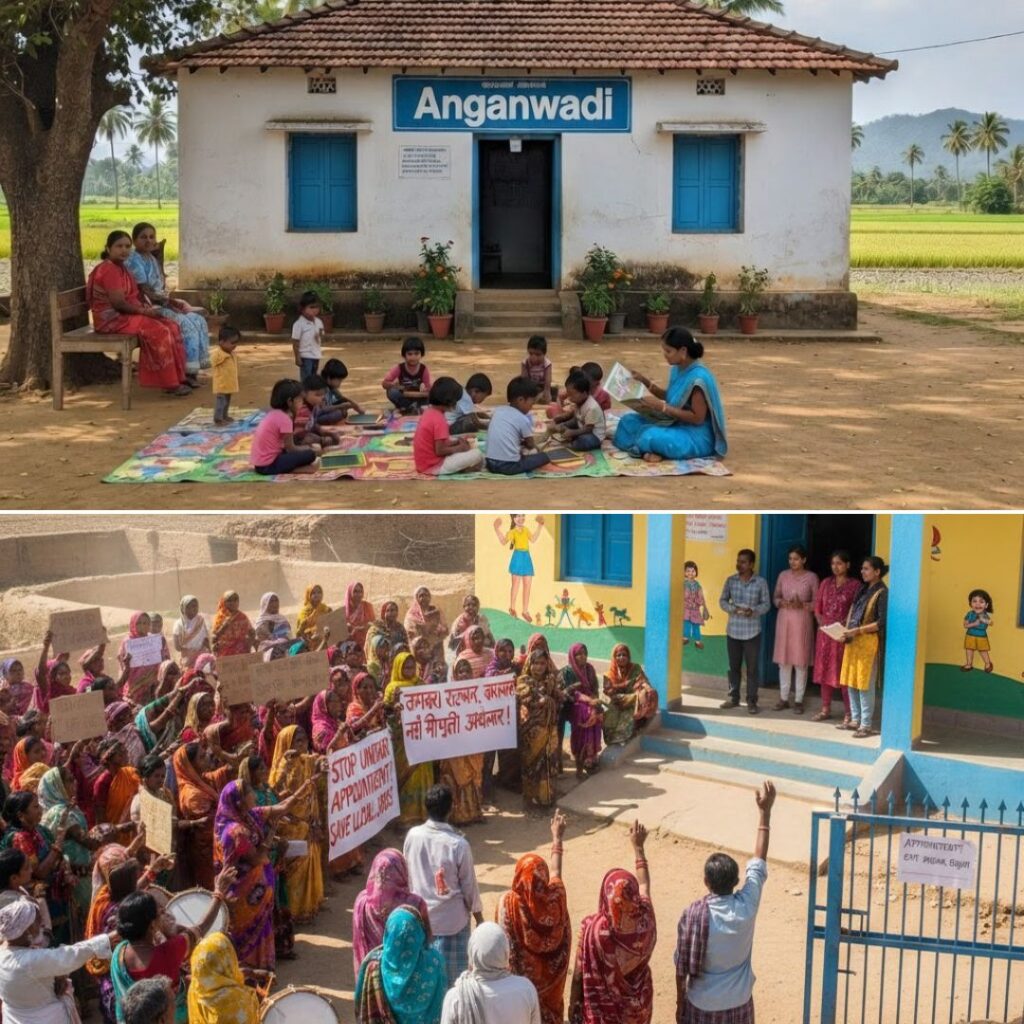Proving once again that the future is for eco-friendly solutions, a Jharkhand college dropout has cracked an age-long problem in his village. 34-year-old Kedar Prasad Mahto of Jharkhand’s Ramgarh district has developed a mini-hydel plant using bamboo to meet the energy requirements of the village without any cost. The model has now drawn the attention of the National Bank for Agriculture and Rural Development (NABARD). A small project initiated by an individual to satisfy the energy requirements of a village is gradually gaining momentum and will hopefully reach more rural outskirts with the help of the NABARD team.
Hailing from a remote village known as Bayang in Jharkhand, Mahto developed a 5 KVA mini-hydel plant in 2022 on a small village river. Power generated from this river body illuminates the village streets and temple free of cost. It was a long-term dream of Mahto to be able to effectively design a plant that could provide free electricity to Bayang, which is driven mainly by agricultural livelihood.
Generating Full Capacity Power
Despite being a college dropout with limited capital, he worked his way around with the available resources. Investing about three lakhs from his own pocket, he modelled the mini hydel power plant that has been generating 5 KVA power for the past year. The mini-project can generate about 30 to 40 KVA power, but he decided against generating full capacity power. However, the potential of the plant, constructed with easily available bamboo sticks and a self-made turbine and generator, remains large.
Recently a team of officials from NABARD visited the site where Mahto had installed the power plant to study the feasibility of its replication. A report by NDTV quoted Upendra Kumar, Deputy Development Manager of NABARD, saying, “We are studying the feasibility of such a micro hydel plant. We are evaluating if this hydel plant would be viable in providing power to village farmers for cultivation.” They are currently reviewing its technical and financial aspects based on Mahto’s information that he could set up a 2MW capacity hydel plant at an estimated cost of ₹2 crores.
Also Read: India Won’t Shut Coal Power Plants Until 2030 To Meet Surging Electricity Demand: Report
https://thelogicalindian.com/h-upload/2023/03/14/500x300_230529-untitled-design.webp
Environment
2023-03-14 08:29:23.0
Powering Villages Free Of Cost! College Dropout’s Bamboo Hydel Plant Draws Attention Of Govt Body












